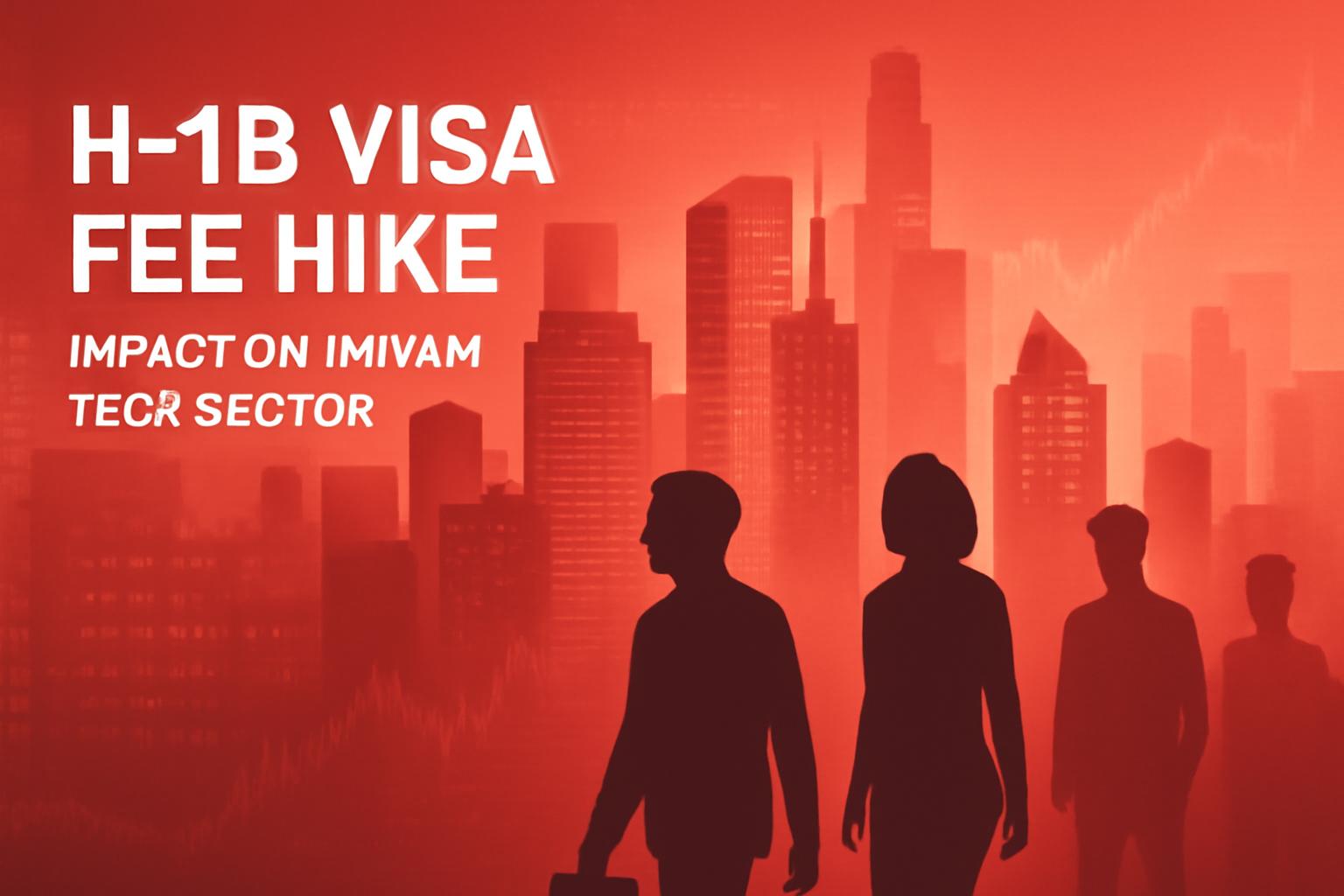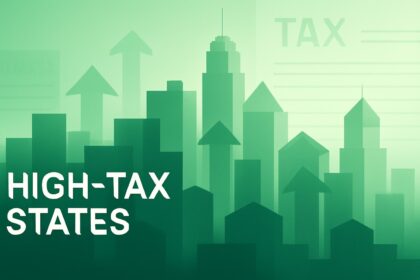Visa Fee Hike Sparks Anxiety Among Indian Tech Workers
Shubra Singh, an Indian biotech professional visiting the U.S., witnessed firsthand the unease caused by the Trump administration’s recent announcement to increase H-1B visa fees. During a dinner in Pittsburgh, her Indian friends—tech professionals reliant on H-1B visas—were preoccupied with news updates, reflecting widespread anxiety among the community. Approximately 71% of H-1B visa holders in the U.S. are Indian nationals, making this demographic particularly vulnerable to policy changes. The proposed fee hike to $100,000 injects significant uncertainty into their employment prospects.
Market Reaction: Indian IT Stocks Experience Decline
Indian IT companies saw immediate negative market reactions following the announcement. Shares of industry leaders including Infosys, Tech Mahindra, Wipro, HCL Technologies, and Tata Consultancy Services dropped sharply. Mid-sized firms such as Persistent Systems, Coforge, Mphasis, Firstsource Solutions, and Cyient also faced declines ranging from 1.7% to 4.2% in early London trading hours. Citi Research warned that the increased visa fees would raise operational costs for IT service providers and their U.S. clients, squeezing profit margins. However, it noted that companies might absorb some of the costs instead of passing them fully to customers.
IT Firms Adjust Staffing and Offshore Strategies
In response to rising costs, many IT companies are expected to recalibrate their workforce strategies. Options include increased local hiring of U.S. residents, relocation of operations to near-shore hubs like Mexico or Canada, and expanding offshore work in India’s global capability centers.
“Over the years, we have been steadily reducing our reliance on visas through increased local hiring, acquisitions, and partnerships,” stated Mphasis. “We are fully staffed for all existing client requirements and will operate in a business-as-usual mode.”
Broader Economic Consequences Beyond Tech Sector
Economists like JPMorgan’s Toshi Jain anticipate that the visa fee increase will extend its impact beyond the tech industry. A reduction in new H-1B visa holders could lead to decreased remittances sent to India, impacting the country’s economy. Additionally, the heightened cost acts as a deterrent for Indian students considering U.S. education, potentially reducing the influx of skilled talent into the American workforce post-graduation.
FinOracleAI — Market View
The proposed $100,000 H-1B visa fee hike represents a substantial shift in U.S. immigration policy with pronounced implications for the Indian technology sector and broader economic ties.
- Opportunities: Increased local hiring in the U.S. could stimulate domestic job growth; expansion of near-shore and offshore centers may diversify operational footprints.
- Risks: Elevated costs may compress IT company margins; talent shortages could hinder project delivery; decreased remittances and student inflows may slow economic growth in India.
Impact: The fee hike is poised to disrupt established talent pipelines and operational models, pressuring Indian IT firms and straining U.S.-India economic relations. Companies must urgently adapt staffing approaches to mitigate margin erosion and maintain competitiveness.













